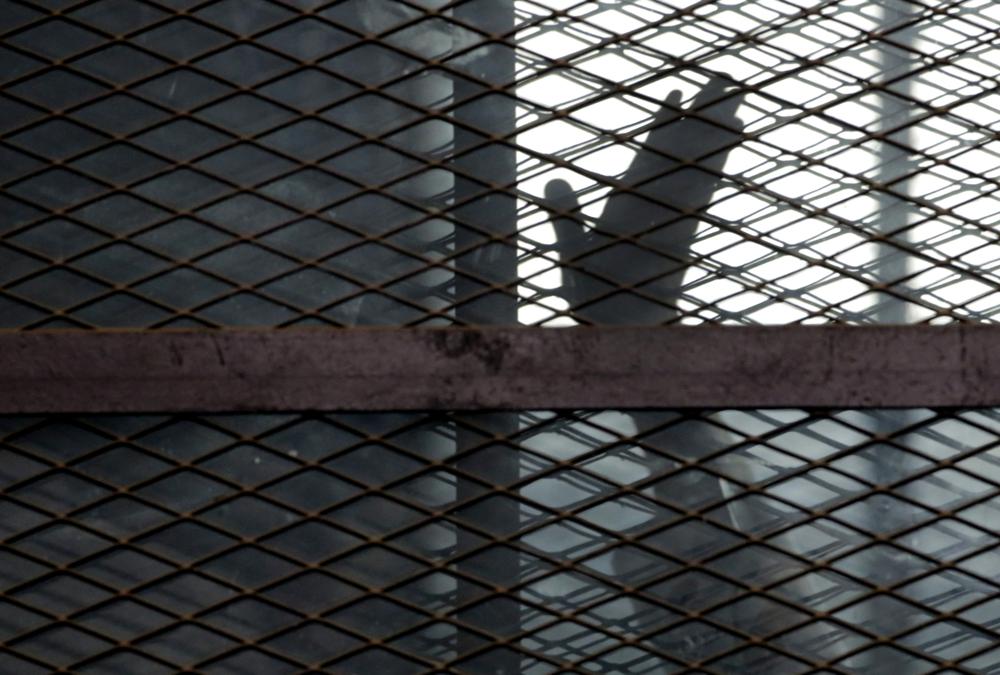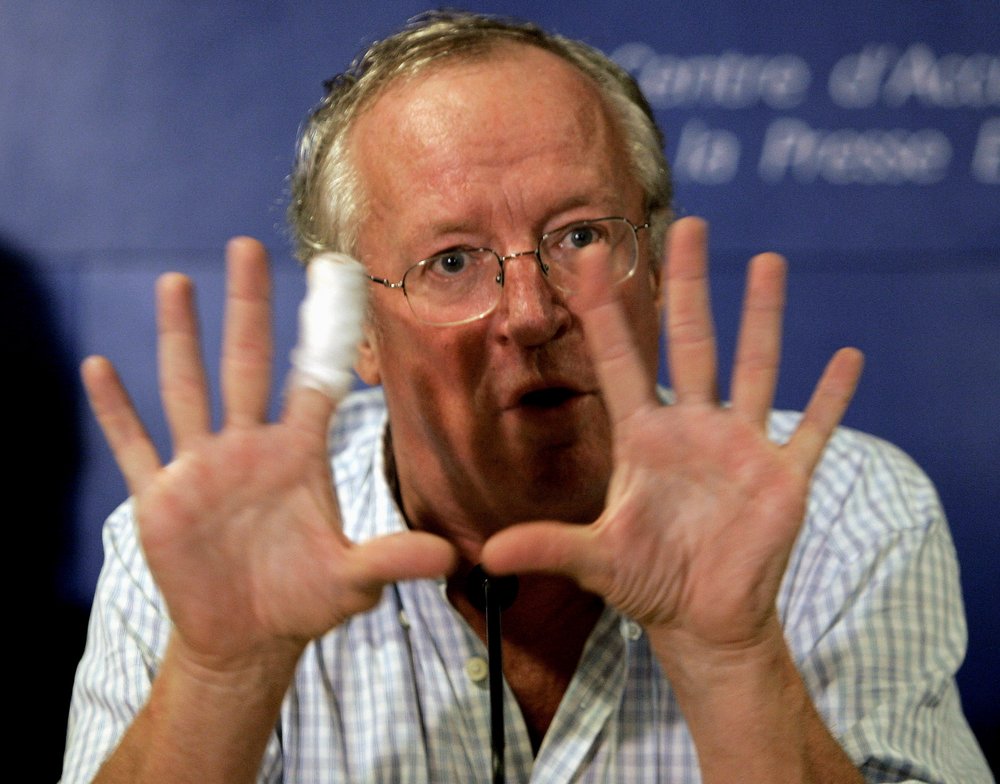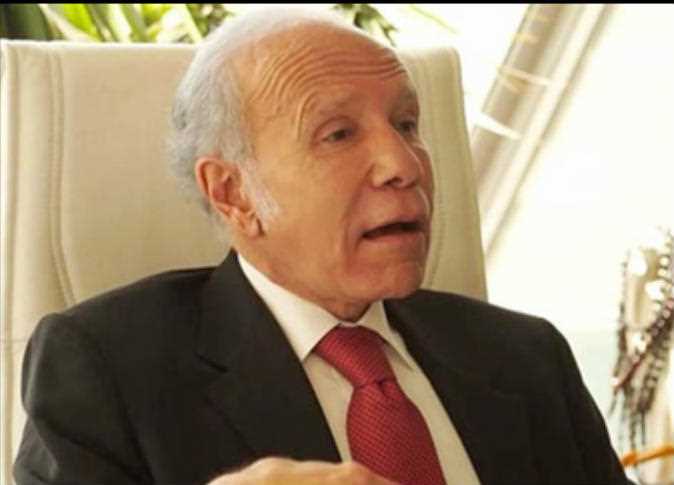
The echoes of the decision of the Muslim Brotherhood and its Freedom and Justice Party to field Khairat al-Shater in the presidential election are still resonating loudly in local newspapers’ pages. Most are filled with reactions and analysis to the startling move, giving second priority to the recent dispute about the constituent assembly structure.
Scanning the front-page headlines, privately owned newspapers have adopted a hostile reaction to the Brotherhood’s decision, slamming the group for trying to impose its hegemony on all three branches of the government and for breaking the group’s earlier promises of inclusion and cooperation with all political forces. Compared to the inflammatory rhetoric of private papers, state-owned dailies seem to be more neutral in their coverage.
Opting for the sensational, Al-Tahrir newspaper goes with quite provocative headlines such as: “Khairat al-Shater , the supreme leader of Hussein Tantawi” and “The Brotherhood fooled the military council,” both in a huge, red font in its front page.
The privately owned daily reports that the Muslim Brotherhood tricked the Supreme Council of the Armed Forces into getting amnesty for Shater’s seven-year jail sentence, having made a deal exchanging his amnesty in return for the Islamist group’s support of Mansour Hassan in the presidential elections. According to the plan, the article says, Shater was to become the next prime minister.
Al-Tahrir quotes anonymous sources saying that the Brotherhood reneged on this deal, putting SCAF in a bad situation.
A former minister speaking on the condition of anonymity along with TV journalist Emad Eddin Adib told Al-Tahrir that Ahmed Shafiq, former prime minister and now presidential candidate, ordered the release of Shater from prison in March 2011 after Adib advised him to release political prisoners who received unjust sentences during Mubarak’s rule, in order for Shafiq to prove good faith.
The privately owned Al-Shorouk, however, offers another version of the story. It quotes anonymous sources from inside the Brotherhood who say Shater discussed his bid for presidency with US Senator John McCain two months ago, and the latter confirmed that Washington doesn’t object to an Egyptian president from the Brotherhood. The source added that many prominent international forces have been pressuring SCAF to transfer power to a civilian authority and that SCAF, the Brotherhood and these international forces have been engaging in talks during the past period to arrange for the handover of power.
Al-Shorouk also reports that the General Islamist Front released a statement describing the nomination of the former deputy supreme guide of the Muslim Brotherhood as destructive, saying it will only fragment the constituency for Islamists and pave the way for a candidate backed from the military junta.
Some of the Muslim Brotherhood’s young members rejected the group’s decision to field Shater, saying that it will have disastrous impact on Egypt and that it undermines the credibility and long history of the Brotherhood, reports state-run Al-Ahram newspaper.
“Shater’s candidacy will divide the constituency votes of the free patriotic candidates, which serves to help the candidates associated with the old regime,” said Osama Abdel Hady, a young Brotherhood member, urging the group’s Shura Council to withdraw its decision. Meanwhile, other Brotherhood youth backing Shater created a number of fan pages on Facebook, says Al-Ahram.
In an exclusive interview, Shater told the state-run Al-Gomhurriya that he didn’t seek the position, but that he must accept the Brotherhood’s decision to nominate him for president. His resignation from his post as deputy supreme guide of the Brotherhood reveals his intention to be a candidate for all Egyptians, said Shater. He rejected any conflict with SCAF, recognizing the military council’s role in protecting the revolution and stressing that it was a popular revolution and not a Muslim Brotherhood revolution.
He added that economic and security issues will be on the top of his platform and said he has already contacted a number of countries who have expressed their willingness to shore up Egypt’s economy by injecting huge foreign investments as soon as the country stabilizes. He also rejected the current aid policy, saying it puts a burden on the economy. In the interview, Shater also stressed the urgency of forming a coalition government that speaks for all political forces.
As for the ongoing dispute about the constituent assembly, the privately owned Al-Dostour newspaper reports that Al-Azhar refused to go back on its withdrawal from the constituent assembly despite efforts by SCAF, political parties and MPs to convince Al-Azhar Grand Sheikh Ahmed al-Tayyeb to do so. It reports that FJP Secretary General and MP Mohamed al-Beltagy and fellow FJP leader Mohamed Morsy visited Tayyeb, asking him to return to the panel and promising a representative constitution that abides by Azhar’s principles. The Al-Azhar grand sheikh reportedly didn’t waver.
Along the same lines, FJP MP Saad al-Husseiny announced that his party already put down the main features of the constitution based upon Azhar and Democratic Alliance documents, previously agreed upon by more than 60 political parties, reports Al-Dostour. Husseiny added that what concerns the Brotherhood is that the new constitution must abide by principles of Sharia that achieve freedoms without discrimination, assuring that the Brotherhood doesn’t intend to subtract from citizens’ personal rights and freedoms.
As for the presidential race, candidate Amr Moussa received highest number of votes in a poll conducted by Al-Ahram Center for Strategic and Political Studies, with 31.5 percent of the 1,200 votes, while Salafi candidate Hazem Salah Abu Ismail came second at 22.7 percent, followed by Shafiq at 10.2 percent, then former intelligence chief Omar Suleiman at 9.3 percent, followed by Abdel Moneim Abouel Fotouh at 8.3 percent. Hamdeen Sabbahi came in last, with 4.9 percent, Al-Ahram reports.
Egypt’s papers:
Al-Ahram: Daily, state-run, largest distribution in Egypt
Al-Akhbar: Daily, state-run, second to Al-Ahram in institutional size
Al-Gomhurriya: Daily, state-run
Rose al-Youssef: Daily, state-run
Al-Dostour: Daily, privately owned
Al-Shorouk: Daily, privately owned
Al-Wafd: Daily, published by the liberal Wafd Party
Youm7: Daily, privately owned
Al-Tahrir: Daily, privately owned
Freedom and Justice: Daily, published by the Muslim Brotherhood's Freedom and Justice Party
Sawt al-Umma: Weekly, privately owned
Al-Arabi: Weekly, published by the Nasserist Party
Al-Nour: Official paper of the Salafi Nour Party




